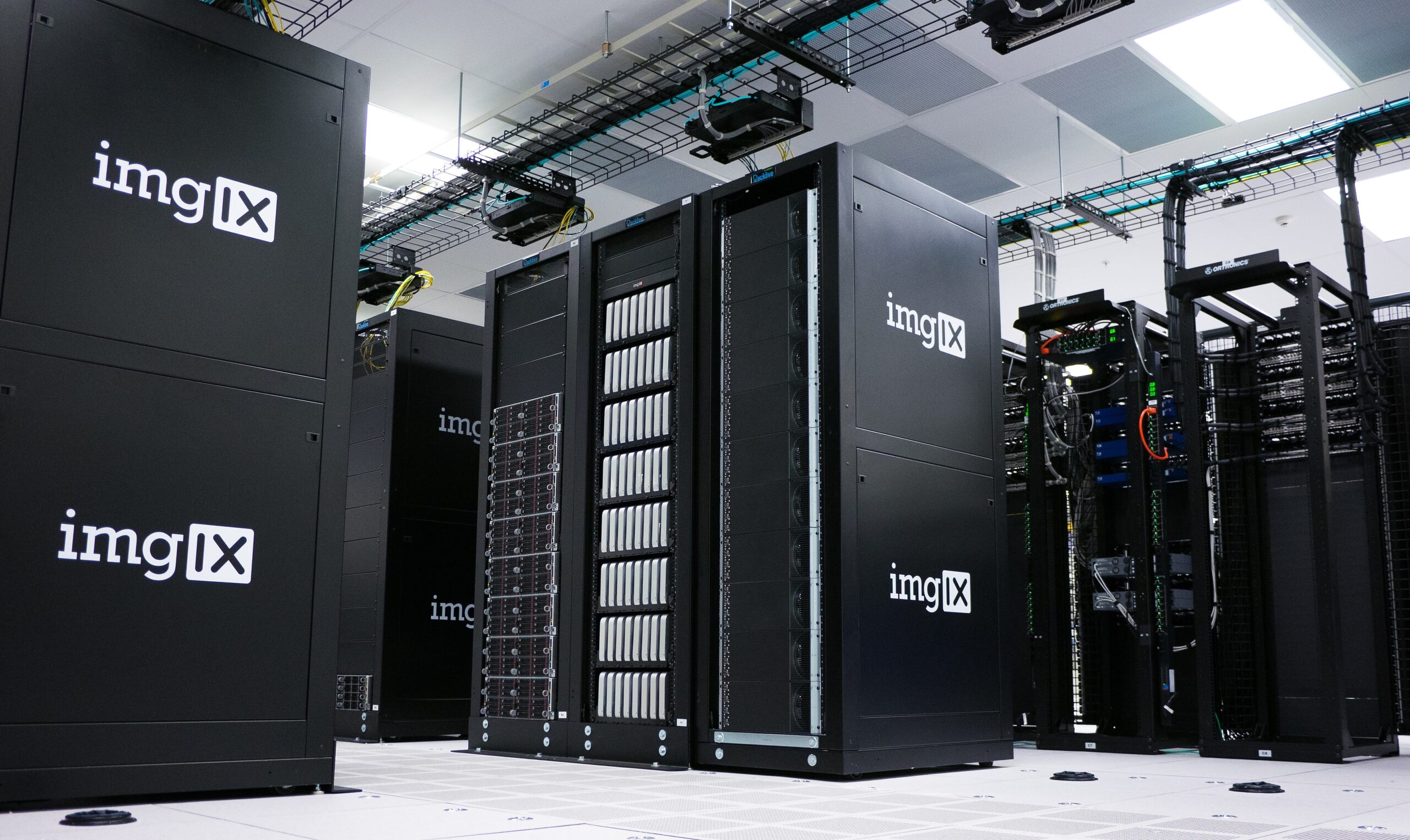The goal of any third-party logistics provider (3PL) or freight broker is to ensure seamless transportation and delivery of goods for their customers. While there are many other business objectives, this is priority one. Making this happen is not without its challenges.
To address these challenges, most organizations have relied on technology to help alleviate the burden and attempt to automate, track and manage their business. However, not all technology is created equal. While technology can help optimize your business operations, having the right, integrated tech stack is what will genuinely help your business thrive; especially when compared to non-integrated point solutions.
There are a number of obstacles organizations will need to overcome with a non-integrated approach to technology and below I list a few of the more common ones we see with some of the companies we have helped move from point solutions to an integrated approach.
Fragmented Data and Inefficiency
Data is arguably the most valuable asset of any organization so ensuring it is accurate and error-free is of vital importance. Utilizing multiple non-integrated point technology solutions makes this quite challenging and often leads to fragmented data across various platforms. This creates operational inefficiencies, such as duplicate data entry, manual reconciliation, and increased administrative overhead.
These poor data practices result in far more than just operational inefficiencies, according to Gartner, poor data practices can cost a business up to $15M per year.
Lack of Real-time Visibility and Decision-Making
In today’s fast-paced logistics landscape, real-time visibility is key to making informed decisions. Non-integrated point solutions fail to provide a unified view of critical data, hindering 3Pls and freight brokers’ ability to track shipments, identify bottlenecks, and proactively resolve issues. The inability to do so will often result in poor carrier service and lead to dissatisfaction.
No organization should fly blind and having a seamless, integrated approach to technology will provide leadership with the data they need to make informed and timely decisions that will benefit the business.
Incompatibility and Limited Scalability
Non-integrated point technology solutions often lack compatibility with each other, leading to data silos, restricted scalability, and a lack of efficiency.
As businesses grow, it becomes increasingly challenging to manage disparate systems and integrate new functionalities. Additionally, when personnel have to manually match the outputs from these systems, it increases the likelihood of error and makes the business increasingly inefficient.
According to a recent Supply and Demand Chain Executive article, 52% of organizations find manual data collection and vendor communication cumbersome, suggesting the need for more automated, streamlined processes.
Reduced Customer Experience
Delivering a superior shipper and carrier experience is a top priority for any logistics provider as it is these experiences that will develop long-term loyalty. In fact, two-thirds of shippers rated the quality of service higher than price when choosing their 3PL.
Non-integrated point technology solutions limit the ability to offer end-to-end visibility, proactive notifications, and personalized services which can prove costly due to the loss of customers. An integrated approach to technology enables organizations to elevate the experience of their carriers and maximize the lifetime value of the relationship.
Missed Growth Opportunities
In a highly competitive market, missing out on growth opportunities can be detrimental to the growth of your business. Non-integrated point solutions lack the agility and flexibility required to quickly adapt to evolving market trends, customer demands, and emerging technologies.
While technology alone will not be the catalyst to grow your business, it will have a significant impact on enabling the growth of your business. When looking at what they call “tech enablement” McKinsey estimates organizations can experience a 3-10% increase in revenue growth. That kind of growth is an opportunity that is just too good to miss.
The logistics industry is undergoing a digital transformation, with integrated technology solutions becoming the cornerstone of success. Non-integrated point technology solutions fail to deliver the efficiency, visibility, scalability, customer experience, and growth potential required to thrive in this competitive landscape. By embracing integrated technology platforms, 3Pls and freight brokers can streamline operations, unlock actionable insights, and position themselves as a market leader and see their businesses grow in the short and long term.
